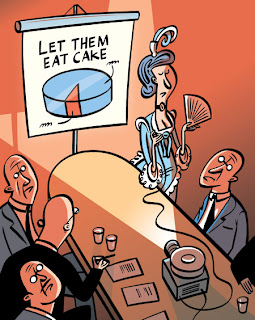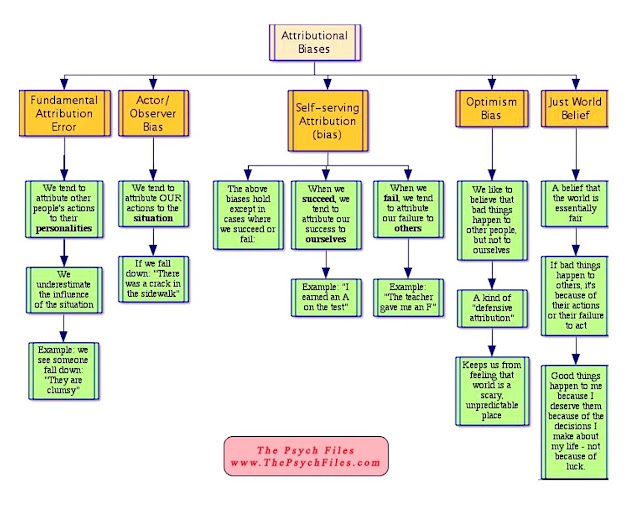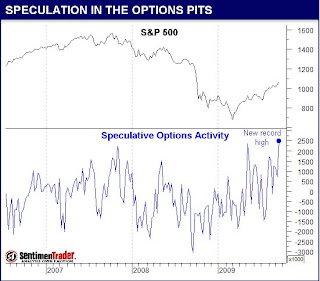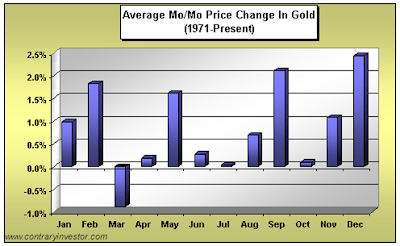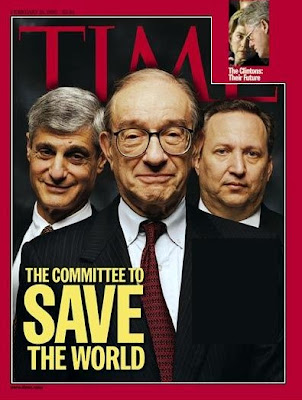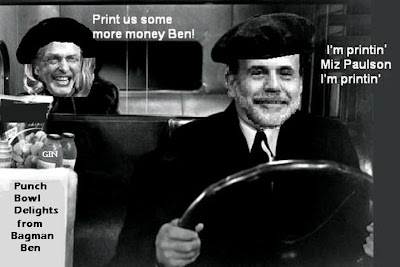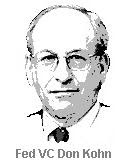"Now at this time of peril to your class and to your tribunal, when men are ready to attempt by speeches, and by the proposal of new laws, to increase the existing unpopularity of the senate, Caius Verres has been brought to trial as a criminal, a man condemned in the opinion of every one by his life and actions, but acquitted because of the enormousness of his wealth.
I have undertaken this cause as prosecutor with the greatest good wishes and hope on the part of the Roman people, not in order to increase the unpopularity of the senate, but to relieve it from the discredit which I share with it as a member of that class.
For I have brought before you a man, in whose case you have an opportunity by acting justly of retrieving the lost reputation of your judicial proceedings, of regaining your standing with the Roman people, and of giving satisfaction to foreign nations; a man, the embezzler of the public funds, the petty tyrant of Asia and Pamphylia, the thief who deprived the city of its rights, the disgrace and ruin of the province of Sicily.
And if you come to a decision about this man with severity and a proper respect for your oaths, that authority which ought to remain in you will cling to you still; but if that man’s vast riches shall break down the sanctity and honesty of the courts of justice, at least I shall achieve this, that it shall be plain that it was honest judgment that was lacking to the republic...
But now men are on the watch-towers; they see how every one of you behaves himself in respecting justice and observing of the laws. They see that, ever since the passing of the law for restoring the power of the tribunes, only one member of your class, and he, too, a very insignificant one, has been condemned."
Cicero, First Oration Against Verres, 70 B.C.
There is a disturbing trend in the US where corporate executives are able to commit serious crimes such as money laundering and outright theft (does MF Global ring a bell) and escape criminal prosecution and even personal fines by hiding behind the personhood of the corporation and a wall of implausible deniability.
You can fine a corporation, even by levying a very large penalty when judged by individual terms. But that is just a cost of doing business for the company that is absorbed by the system and the shareholders that sustain it. And in the case of the TBTF banks, they are being supported by an ongoing government subsidy of cheap money from the public. And the management that actually committed the crimes is allowed to continue on without serious personal penalty.
This is a 'live and let live' attitude amongst the privileged class, a type of professional courtesy. This is the 'CEO Defense' in which managers are paid enormous, outrageous compensation for their skills, but when criminal activity is exposed, they claim to know and do very little for that pay, and in fact claim to be barely involved with the business that they manage. This is not capitalism, this is corporatism, a form of organized crime.
This is the moral hazard of the credibility trap. Because there is little doubt that HSBC management has done things for and with other very important people that makes them truly above the law.
This is the menace of entitlement and privilege. And what is most discouraging is how easily they can turn the righteous anger of the people at this injustice into an attack on the weak, the elderly, the children, the 'other.' And this is our shame, and our own complicity.
As a reminder from history, the privileged Senatorial class did not engage in serious and meaningful reform. And within ten years they saw the rise of powerful men like Julius Caesar and Pompey, who sought in every way to subvert the laws of the Republic and the good of the people in their favor. And in 49 BC Caesar crossed the Rubicon. And most will remember what followed after.
Is the American republic to be nova Roma, the new Rome?
"At that time many will falter, and betray and despise each other. And false prophets will appear and deceive many people. Because of the increase of wickedness, the love of many will grow cold, but those who stand firm to the end will be saved. And the gospel of the kingdom will be preached in the whole world as a testimony to all nations, and then the end will come." Matt 24:10-14
Rolling Stone
Outrageous HSBC Settlement Proves the Drug War is a Joke
By Matt Taibbi
December 13, 3:25 PM ET
...Breuer this week signed off on a settlement deal with the British banking giant HSBC that is the ultimate insult to every ordinary person who's ever had his life altered by a narcotics charge. Despite the fact that HSBC admitted to laundering billions of dollars for Colombian and Mexican drug cartels (among others) and violating a host of important banking laws (from the Bank Secrecy Act to the Trading With the Enemy Act), Breuer and his Justice Department elected not to pursue criminal prosecutions of the bank, opting instead for a "record" financial settlement of $1.9 billion, which as one analyst noted is about five weeks of income for the bank.
Though this was not stated explicitly, the government's rationale in not pursuing criminal prosecutions against the bank was apparently rooted in concerns that putting executives from a "systemically important institution" in jail for drug laundering would threaten the stability of the financial system. The New York Times put it this way:
Federal and state authorities have chosen not to indict HSBC, the London-based bank, on charges of vast and prolonged money laundering, for fear that criminal prosecution would topple the bank and, in the process, endanger the financial system.It doesn't take a genius to see that the reasoning here is beyond flawed. When you decide not to prosecute bankers for billion-dollar crimes connected to drug-dealing and terrorism (some of HSBC's Saudi and Bangladeshi clients had terrorist ties, according to a Senate investigation), it doesn't protect the banking system, it does exactly the opposite. It terrifies investors and depositors everywhere, leaving them with the clear impression that even the most "reputable" banks may in fact be captured institutions whose senior executives are in the employ of (this can't be repeated often enough) murderers and terrorists...
And not only did they sell out to drug dealers, they sold out cheap. You'll hear bragging this week by the Obama administration that they wrested a record penalty from HSBC, but it's a joke. Some of the penalties involved will literally make you laugh out loud. This is from Breuer's announcement:
As a result of the government's investigation, HSBC has . . . "clawed back" deferred compensation bonuses given to some of its most senior U.S. anti-money laundering and compliance officers, and agreed to partially defer bonus compensation for its most senior officials during the five-year period of the deferred prosecution agreement.Wow. So the executives who spent a decade laundering billions of dollars will have to partially defer their bonuses during the five-year deferred prosecution agreement? Are you fucking kidding me? That's the punishment? The government's negotiators couldn't hold firm on forcing HSBC officials to completely wait to receive their ill-gotten bonuses? They had to settle on making them "partially" wait? Every honest prosecutor in America has to be puking his guts out at such bargaining tactics...
Read the entire article here.





